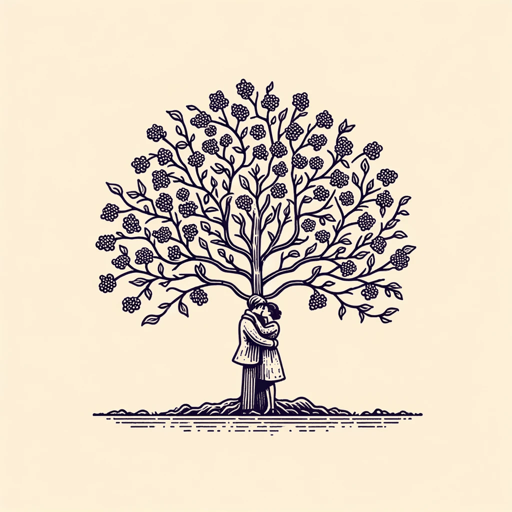29 pages • 58 minutes read
Willa CatherThe Sculptor's Funeral
Fiction | Short Story | Adult | Published in 1905A modern alternative to SparkNotes and CliffsNotes, SuperSummary offers high-quality Study Guides with detailed chapter summaries and analysis of major themes, characters, and more.
Important Quotes
Content Warning: This guide uses an anachronistic term for people with diverse racial backgrounds in quoted material. The term is considered offensive today, and the guide includes it only in a quotation.
“They straightened their stooping shoulders and lifted their heads, and a flash of momentary animation kindled their dull eyes at that cold, vibrant scream, the world-wide call for men.”
(Page 329)
Willa Cather describes the enlivening effect the train has upon boys who hang about the train station. The call to go out into the world foreshadows the conflict that faces all the young men of Sand City who leave, hoping to make their mark on the world and return as great men, but become disillusioned and corrupted by the influence of the townspeople.
“They bore [the casket] into a large, unheated room that smelled of dampness and disuse and furniture polish, and set it down under a hanging lamp ornamented with jingling glass prisms and before a ‘Rogers group’ of John Alden and Priscilla, wreathed with smilax.”
(Page 330)
The setting is discordant: The casket is placed in a disused space that lacks heat but was freshly cleaned and includes typical décor of middle-class American homes in the era, marking the established and conventional nature of the family. The room includes popular sculptures that were mass-produced at that time: A Rogers group refers to small sculptures by US artist John Rogers that were common fixtures of middle-class homes in the late 19th century. John Alden and Priscilla Mullins sailed on the Mayflower and were one of the first couples to marry in what is now the US. Smilax is greenery. This scene contributes to the themes of The Artist Against Society and Success, Money, and Materialism.
Related Titles
By Willa Cather

A Lost Lady
Willa Cather

A Wagner Matinee
Willa Cather

Coming, Aphrodite!
Willa Cather

Death Comes for the Archbishop
Willa Cather

Lucy Gayheart
Willa Cather

My Antonia
Willa Cather

Neighbour Rosicky
Willa Cather

One Of Ours
Willa Cather

O Pioneers!
Willa Cather

Paul's Case
Willa Cather

Shadows on the Rock
Willa Cather

The Professor's House
Willa Cather

The Song of the Lark
Willa Cather

